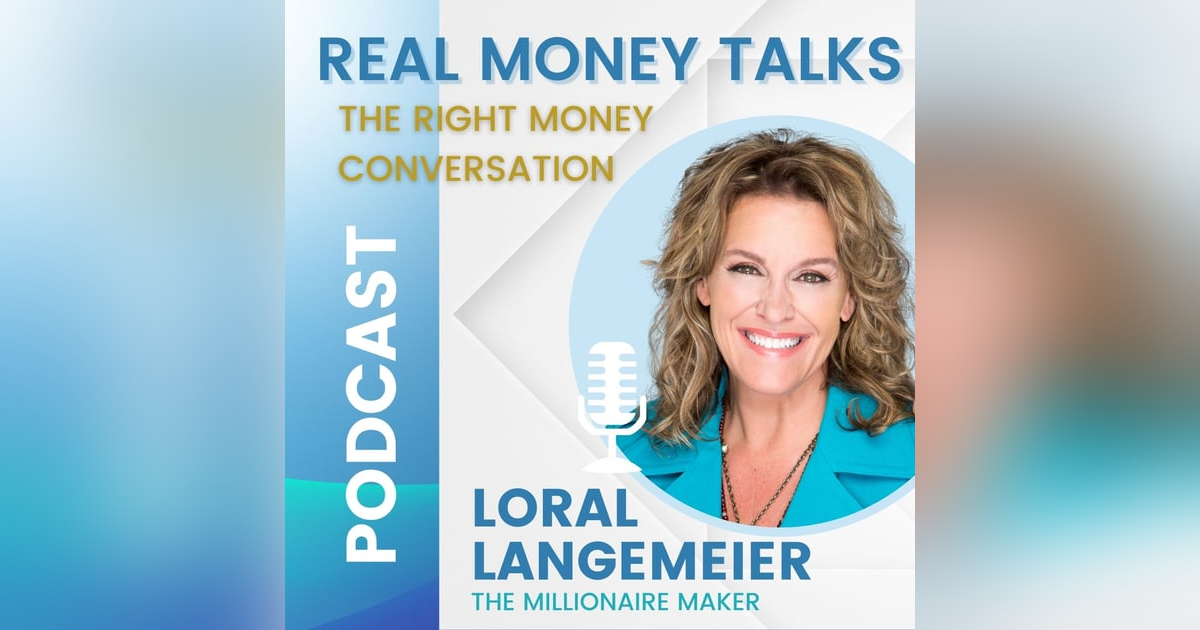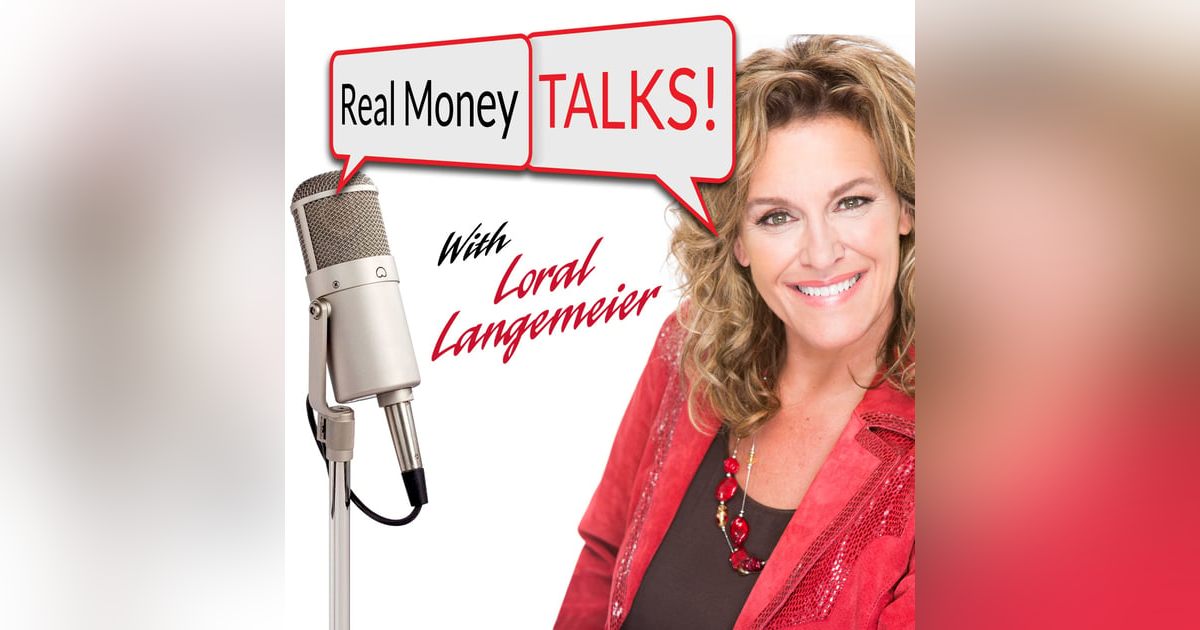Friend and Big Table member Joey is here to share an investment opportunity that he is involved with. Coro is an app and a platform that is making global money transactions faster, easier and cheaper. Joey is joined by David from Coro to talk about the new platform. We have talked about opportunities in crypto and blockchain and how blockchain is the technology behind the crypto currencies. David highlights some of the limitations of blockchain and how Coro has overcome these limitations.
Bitcoin technology can be slow. The technology and the token are also connected. There is also a highly regulated environment that gets very complex when it comes to global transactions. Coro uses a faster more secure hashgraph consensus algorithm. Coro is also getting licensed in each country they are going to operate in, so they will be in compliance with all regulations. David shares his enthusiasm for this new platform and why it’s worth learning more about.
You can find Lindsay here:
Ask Loral BLITZ Your Wealth Plan! Call for your strategy session 775-588-9200
Show Notes:
- [03:11] David is a professional investor.
- [04:24] Crypto has been around for about a decade now.
- [05:02] David has a background in fintech.
- [05:53] Bitcoin is designed with a limited supply. There's even digital mining. There are some things that mimic gold. There's a physical barrier to real gold.
- [06:54] There are now 40,000 other digital currencies. There is no limitation to creating other digital currencies. That's one flaw with cryptocurrency and the second one is speed. Digital transactions are slow.
- [07:56] Bitcoin is two pieces of technology melded together. One is Bitcoin which represents the network and the other one is the token itself. You can't use the network without employing the token.
- [10:08] Blockchain and crypto haven't evolved to a point where the potential can be realized.
- [11:17] The fourth challenge that Bitcoin faces is the highly regulated environment.
- [12:09] IBM and Linux created a blockchain system that doesn't require a token as part of it. You don't need a token to record money on a ledger. The ledger is the heart of the system.
- [13:03] Most distributed ledger technologies are blockchain-based. There is also Directed Acyclic Graph or DAG which is really fast.
- [13:33] With DAG, there is no token necessary, it's super fast, and accurate.
- [13:47] Coro is a global money transition platform committed to making cross border transactions cheaper, faster and more secure. They use the hashgraph consensus algorithm.
- [14:09] Coro is regulated in every country they operate in.
- [14:52] They see an opportunity set in resolving a couple of the bottlenecks in financial transactions by being able to send money in real time and sending without limits.
- [15:08] There are limitations to how much you can spend with mobile apps.
- [15:58] David believes the next financial problem is on the horizon. Gold is a stable currency. Coro also allows transactions with gold using the most modern technology.
- [17:12] He thinks as financial instability increases that there will be a growing preference for consumers and commercial clients to transact in gold.
- [18:00] The advantage of crypto is the technology, but you have to understand it.
- [19:02] Money has to have three characteristics. One is value. It's a medium of exchange. There's a unit to count it.
- [21:47] Coro rolls out in the US next year. It allows people to send money with confidence and convenience.
- [22:48] They also hope to introduce Coro to Venezuela.
- [23:17] The bottlenecks for financial inclusion are regulations.
- [23:40] Coro streamlines the compliance into the technology.
- [24:01] Coro will provide financial services to smartphone users. The soft launch happens next year. Visit AskLoral to get involved.
Links and Resources:
Ask Loral

